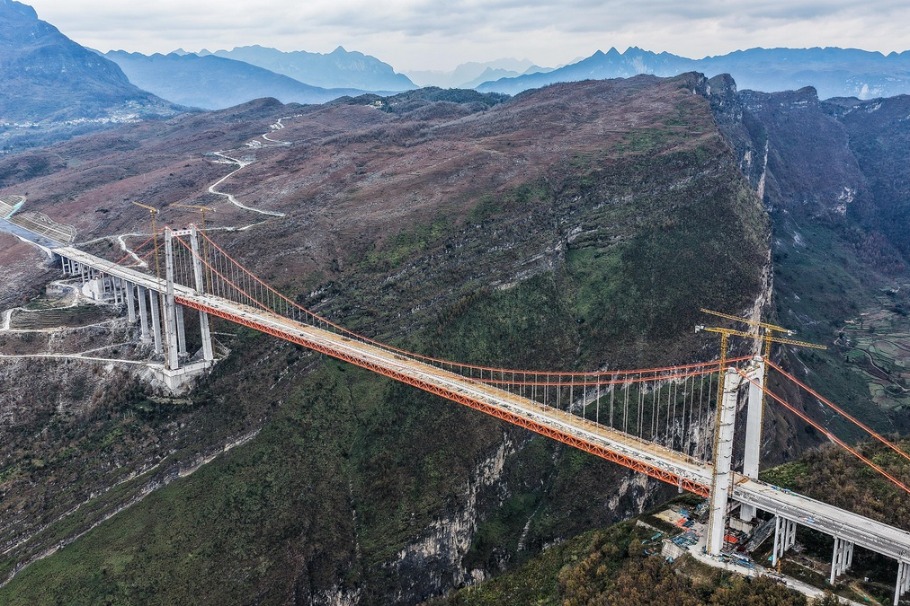China seeks partners for Martian soil retrieval


China is likely to bring Martian soil back to Earth in the near future, and is encouraging foreign scientists to take part in this ambitious interplanetary endeavor.
Liu Jizhong, a leading scientist in China's deep-space exploration programs and chief planner of the Martian soil-return project, said on Thursday in Tunxi, Anhui province, that the nation plans to collect Martian samples and then bring them back to Earth around 2028 via a historic mission named Tianwen 3, the third in China's interplanetary exploration schedule.
The primary scientific goal of this mission is to look for traces of life on the red planet, he said, adding that Chinese researchers are working on essential technologies to be used in the robotic expedition such as sampling and liftoff on the Martian surface.
Liu said China is open to cooperation with foreign scientists in the Tianwen 3 program, encouraging them to take part in payload design, sample and data analysis, and long-term planning for a Martian scientific outpost.
He made the remarks at the Second International Deep Space Exploration Conference, also known as the Tiandu Forum, that opened on Thursday, with about 400 attendees from over 40 countries, regions and international organizations.
According to mission planners at the China National Space Administration, the Tianwen 3 probe will have four components — a lander, an ascender, an orbiter and a reentry module — and will be launched on two Long March 5 heavy-lift carrier rocket flights from the Wenchang Space Launch Center in Hainan province.
If everything goes according to plan, the samples could become the first to be returned to Earth from Mars, and will help scientists look for traces of life on Mars, learn more about the planet's geology and inner structures, and understand its atmospheric cycles.
China launched its first Mars program, Tianwen 1, in July 2020. It was the country's first independent interplanetary exploration endeavor.
In another development, Wu Yanhua, chief planner of the nation's deep-space exploration programs, said the China-initiated International Lunar Research Station will take initial shape around 2035 and become a comprehensive science base before 2050.
zhaolei@chinadaily.com.cn
- Beijing mandates helmets for e-bike users, bans scooters
- Judicial guideline streamlines maritime dispute resolution nationwide
- China rolls out festive campaign to boost sustainable agricultural consumption
- China set to establish early pregnancy clinics across 10k hospitals
- Cold front coats Guizhou mountains in rime
- Two dead after unauthorized crossing of Aoshan Mountain





































